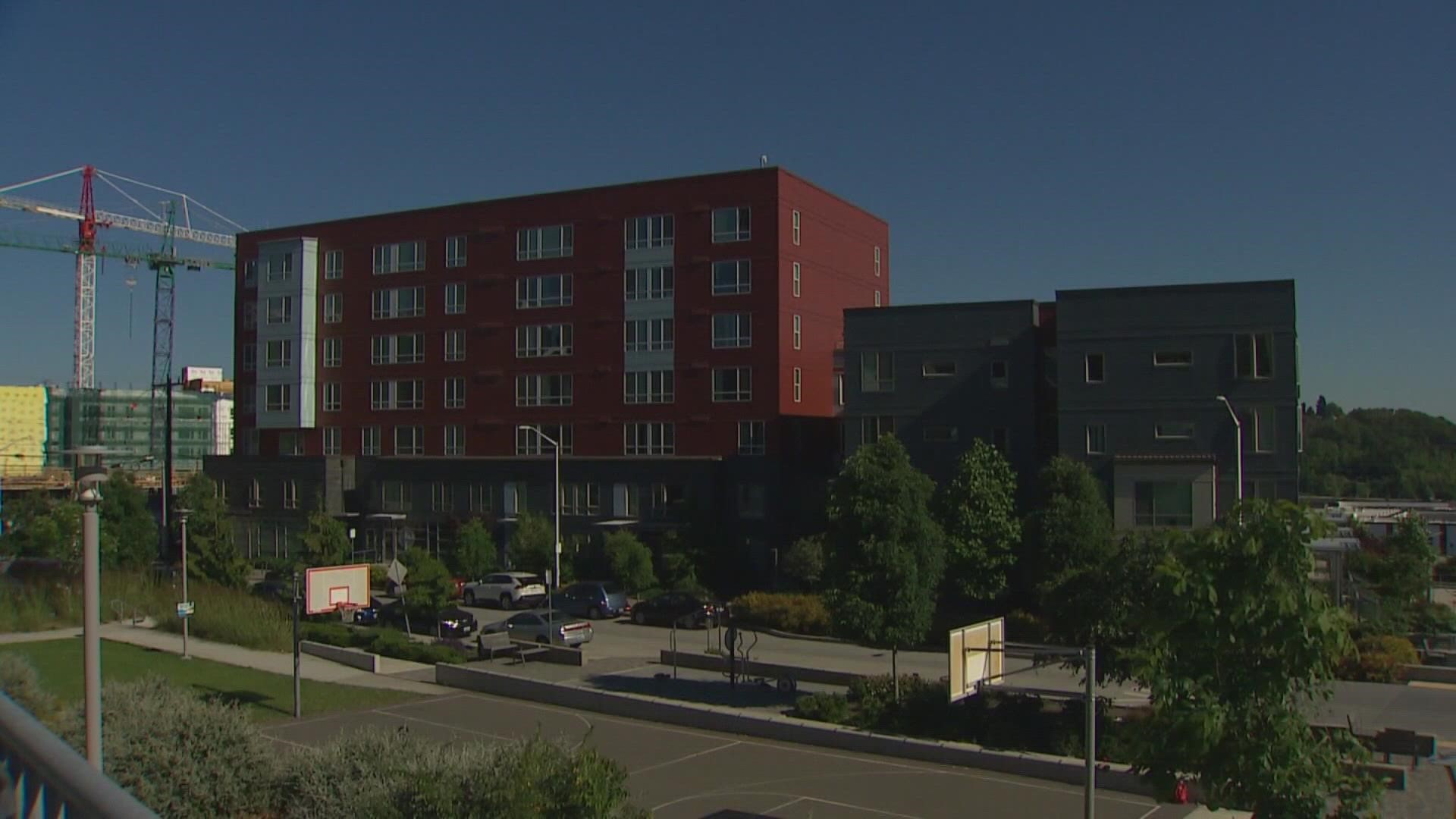SEATTLE — After nearly 20 months of protections, the threat of evictions has returned for renters across Washington state.
The state's eviction moratorium ended Monday, bringing an end to a protection which shielded renters from losing their homes during the pandemic. Though the extension ends for the state, cities of Burien, Kenmore and Seattle have pushed their eviction moratoriums into January 2022.
The statewide eviction moratorium was set to end Sept. 30. However, Gov.Jay Inslee pushed the date to Oct. 31. The move was meant to give counties across the state more time to distribute federal funds to tenants and landlords. Some counties have done well in distributing funds, while others are lagging behind.
In the meantime, agencies across Washington have been working to connect renters and their landlords to resources.
"Staff are working tirelessly to get money out to the community, both at our agencies and our partner agencies," said Mary Anne Dillon, executive director for the YWCA in Snohomish County. “It was as urgent today as it was a month ago or as it was a year ago.”
Census data shows nearly 8% of Washington renters are behind on their rent.
"We have conversations with people every single day," Dillon said. "They are working one or two jobs. They are struggling, They are on payment plans, and they are really trying to get ahead in their rent."
The YWCA has provided rental assistance for decades, but Dillon said the pandemic exacerbated a problem that existed long before the pandemic. She said wages aren't keeping up with housing costs in Washington.
“In the Seattle, Everett, Bellevue area, you need to make at least $30 an hour in order to afford a modest two bedroom apartment," she said.
Though landlords can now legally pursue evictions, they must first offer their tenants payment plans and provide their tenants with access to resources which can help them avoid eviction.
“We're trying to work with landlords in order to get resources to the tenants,” Dillon said. She knows tenants aren't the only ones feeling the financial crunch. "There are plenty of resources in the community that landlords can access because we also talk to landlords and we know that they do not want to evict people, but they need to make ends meet too."
With nearly one in 17 renters now facing eviction, Dillon hopes those needing help will continue to ask for it.
"There are just so many agencies out in the community that are waiting to support you and your family and those around you," she said.

